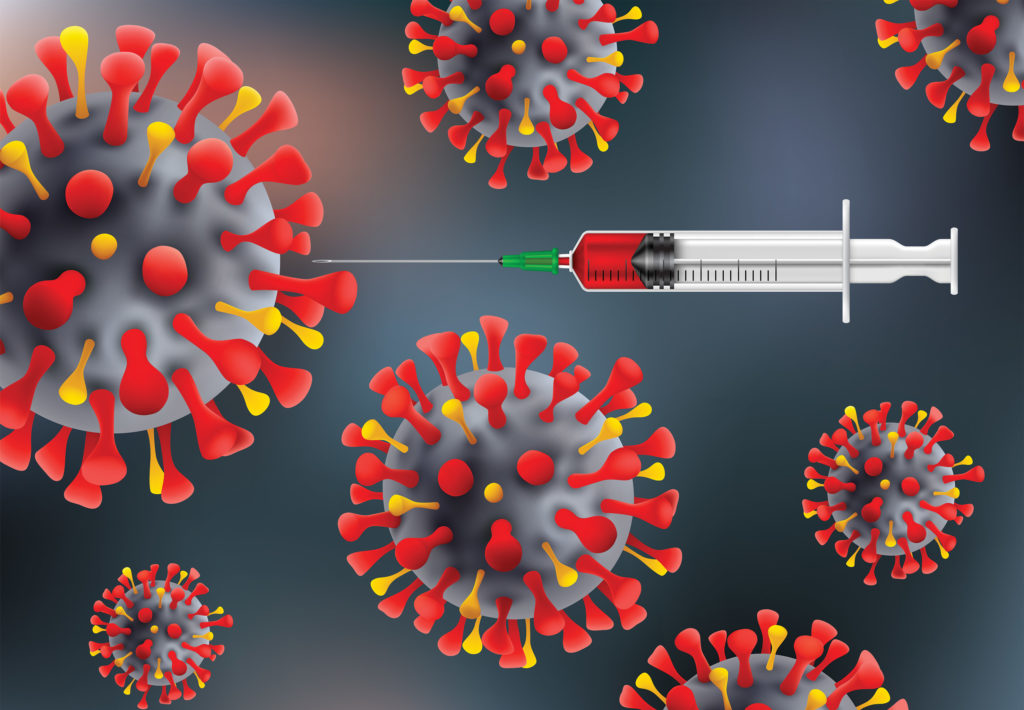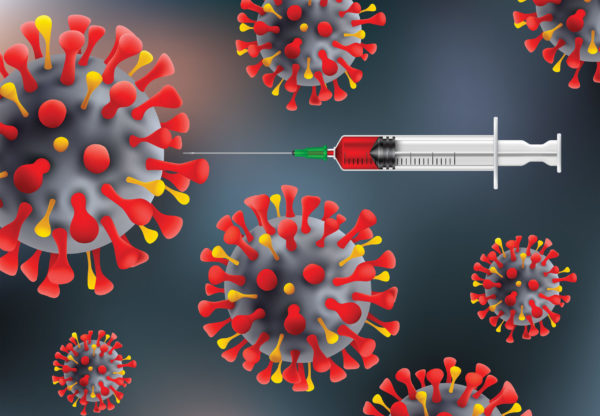Hamad Hassan , Caretaker Health Minister said Friday in a televised press conference that Lebanon has reached an agreement with the World Health Organization to reserve the country’s share of Russian coronavirus vaccine.

“We have entered into an agreement with the World Health Organization to reserve Lebanon’s share of the possible vaccine for coronavirus, and coordination is underway with Russia to secure a package of the Russian vaccine,”
He added Lebanon will use the “ World Bank loan ” to pay for the vaccine
Russia said on Thursday it would start clinical trials of its controversial coronavirus vaccine next week, involving tens of thousands of people.
The drug, Sputnik V, has already been hailed by Russian officials as a success even as experts questioned the rigor of the testing regime.
Lebanon is to partially close down for two weeks from Friday to stem a surge in the infection rates that have brought the number of COVID-19 cases to 12,191, including 121 deaths.
Authorities fear Lebanon’s fragile health sector would struggle to cope with a further spike in COVID-19 cases, especially after some hospitals near the port were damaged in the explosion.
They have said the new lockdown measures, which include a nighttime curfew from 6:00 pm (1500 GMT) to 6:00 am (0300 GMT), will not affect the clean-up or aid effort in areas ravaged by the blast.
Many in Lebanon are concerned that Hassan is moving too fast on a controversial vaccine that is not proven
Russian roulette
The top official at the National Institutes of Health on Thursday said that Russia’s coronavirus vaccine skipped “fundamental parts” of the approval process that would determine its safety and effectiveness.
- “I think virtually every vaccine expert in the world looking at this has been quite concerned whether this was a wise decision,” said Dr. Francis Collins, director of the NIH.
- “Some have called this Russian roulette,” Collins said.
NIH is part of the US federal government’s program, called Operation Warp Speed, designed to accelerate the development, manufacturing and distribution of vaccines and treatments to fight the coronavirus.
Scientists and health officials across the globe have questioned the safety and efficacy of Russia’s vaccine, which President Vladimir Putin claimed “works quite effectively.” Putin said Tuesday that Russian health authorities approved what would be the first coronavirus vaccine and said that one of his daughters has already taken it.
Collins said Russia conducted only a phase one clinical trial of its vaccine, administering it to around 100 people, and decided “that was good enough.” Medical experts have warned, however, that it’s unknown whether a vaccine would work and what the potential side effects would be without a large-scale phase three clinical trial.
“If that was the standard, we would have been declared success several months ago because we had that experience of successful phase one trials,” Collins said.
Dr. Anthony Fauci, director of the U.S. National Institute of Allergy and Infectious Diseases, told National Geographic in an interview that he “seriously doubts” Russia has proven its vaccine is safe and effective.
“Having a vaccine … and proving that a vaccine is safe and effective are two different things. We have half a dozen or more vaccines, so if we wanted to take the chance of hurting a lot of people or giving them something that doesn’t work, we could start doing this, you know, next week if we wanted to,” Fauci said during a National Geographic panel moderated by ABC News Correspondent Deborah Roberts that aired on Thursday.
The World Health Organization said it’s in contact with Russian regulatory authorities to conduct a rigorous review of the country’s vaccine before recommending it to other nations for procurement.
AFP / CNBC/ YL


Leave a Reply
You must be logged in to post a comment.